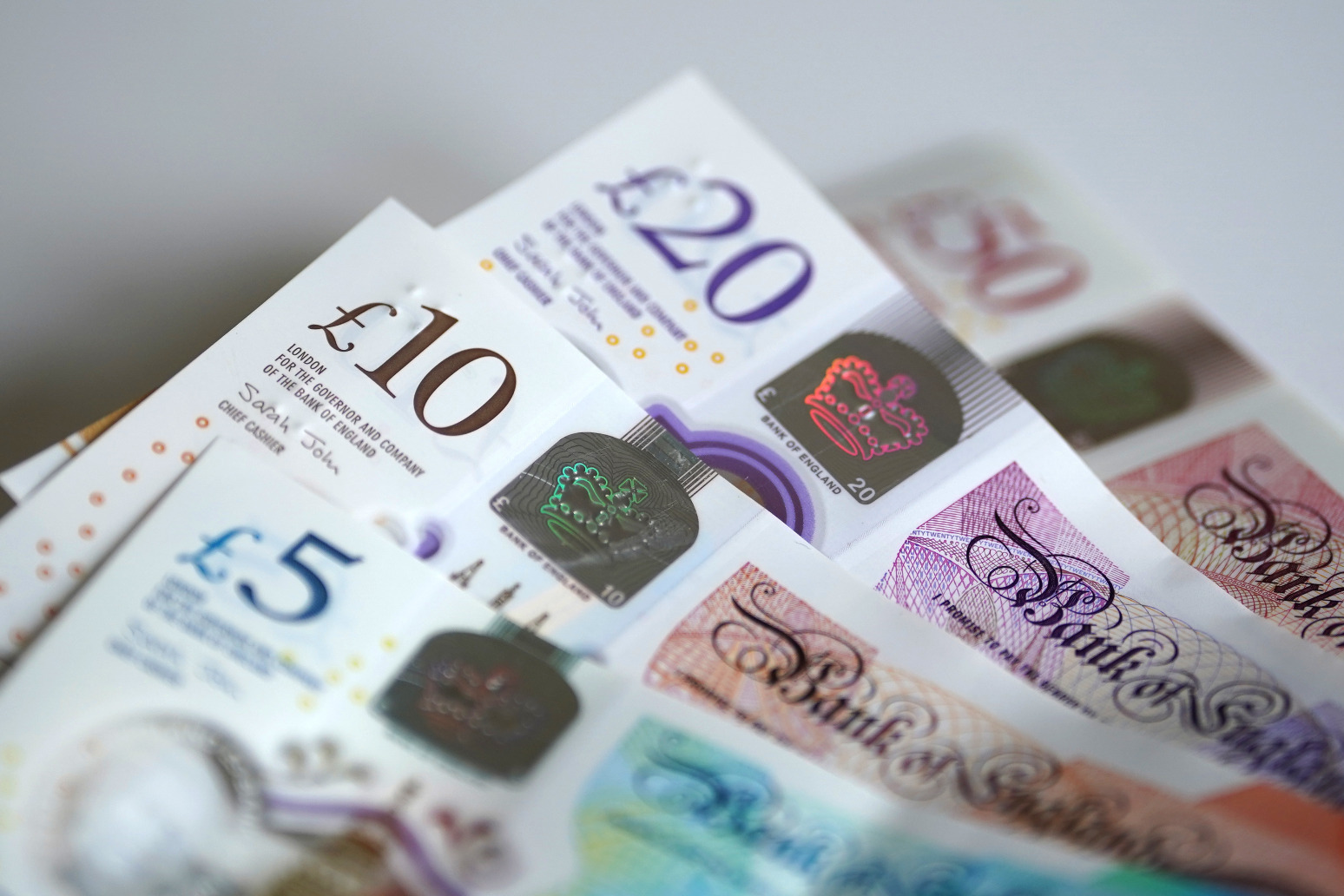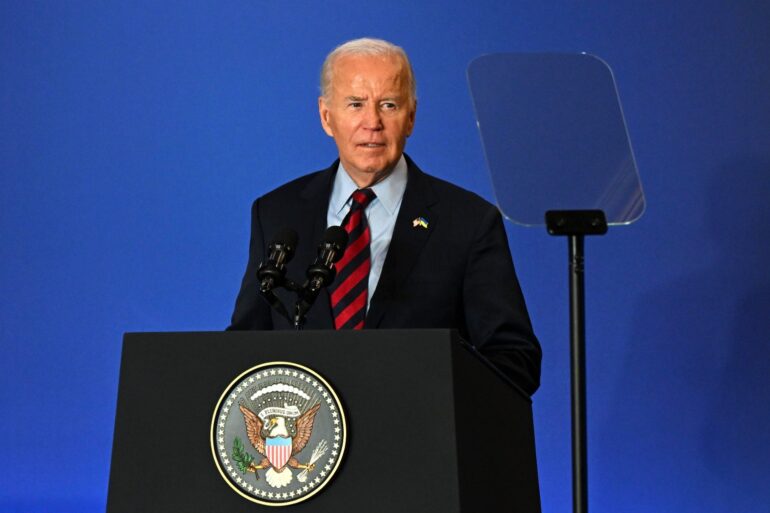-
 play_arrow
play_arrow
Kl 1 Radio Local radio for west Norfolk
-
 play_arrow
play_arrow
KL DISCO KL Disco Playing Disco Music from the 70's onwards.24/7
-
 play_arrow
play_arrow
KL COUNTRY KL COUNTRY Playing New and Classic Country Music 24/7
-
 play_arrow
play_arrow
KL ROX KL ROX The best of New and Classic Rock.24/7
-
 play_arrow
play_arrow
KL SUMMER Summer Vibes 24/7 from KL1 Radio across West Norfolk
-
 play_arrow
play_arrow
KL CLASSICAL Your Symphony Starts Here
-
 play_arrow
play_arrow
KL CHILL Just Chill!
-
 play_arrow
play_arrow
KL POP The Best POP Hits all day Long!
-
 play_arrow
play_arrow
KL XTRA KL XTRA
music_note

The news has been confirmed ahead of Wednesday’s Budget
The minimum wage will rise to £12.21 an hour next year after the Chancellor confirmed a 6.7% increase ahead of Wednesday’s Budget.
Rachel Reeves described the move as a “significant step” towards delivering on Labour’s manifesto promise to introduce a “genuine living wage for working people”.
The increase, recommended by the Low Pay Commission, will mean an extra £1,400 a year for a full-time worker earning the main minimum wage rate, known as the national living wage, from April 2025.
But it still falls short of the £12.60 per hour UK living wage calculated by the Living Wage Foundation.
The Chancellor also announced that the minimum wage for people aged 18-20 would rise to £10 an hour, an increase of £1.40.
That rise is the highest such rise on record as the Government looks to extend the main adult rate to 18-year-olds in future.
Next year’s increases come on top of the Government’s plan to expand workers’ rights, which the Treasury said would boost the incomes of the lowest-paid workers by up to £600 a year.
They also follow the new Government’s instructions to the Low Pay Commission to factor in the cost of living when recommending changes to the minimum wage.
Deputy Prime Minister Angela Rayner, one of the key supporters of Labour’s Employment Rights Bill, said: “A proper day’s work deserves a proper day’s pay.
“Our changes will see a pay boost that will help millions of lower earners to cover the essentials as well as providing the biggest increase for 18-20-year-olds on record.”
The minimum wage for apprentices and those aged 16-17 will also increase by 18%, reaching £7.55 an hour, meaning a total of 3.5 million workers are expected to receive pay rises in April as a result.
Paul Nowak, general secretary of the TUC, said the Government was “delivering on its promise to make work pay”.
He said: “This increase will make a real difference to the lowest paid in this country at a time when rents, bills and mortgages are high.
“Low-paid workers spend more of their earnings in their local economies – so boosting their pay packets will benefit local businesses too.”
He also welcomed plans to bring the minimum wage for younger people into line with the adult rate, saying younger workers faced a “huge pay penalty” thanks to an “outdated and discriminatory system”.
But the Low Pay Commission itself warned that some businesses were beginning to struggle with increases in the minimum wage, which has risen faster than inflation over recent years.
Baroness Philippa Stroud, chairwoman of the Low Pay Commission, said: “The Government have been clear about their ambitions for the national minimum wage and its importance in supporting workers’ living standards.
“At the same time, employers have had to deal with the adult rate rising over 20% in two years, and the challenges that has created alongside other pressures to their cost base.”
She added: “The data show some signs of employers finding it harder to adapt to minimum wage increases.”
John Foster, chief policy and campaigns officer at the CBI, said the pressure of rising minimum wage rates would “make it increasingly difficult for firms to find the headroom to invest in the tech and innovation needed to boost productivity and deliver sustainable increases in wages”.
He said: “Politicians and businesses are united in wanting to ensure people have access to well paid, fulfilling work. The only sustainable path to achieving that aim – not only for those earning the minimum wage, but right across the economy – is higher growth and productivity.
“The National Living Wage has proven to be a valuable tool for protecting the incomes of the poorest in society and has supported equality in the lower half of the income distribution.
“But with productivity stagnant, businesses will have to accommodate this increase against a challenging economic backdrop and growing pressure on their bottom line.”
The minimum wage has risen by almost 10% in each of the past two years, against the background of high inflation.
Wednesday’s Budget is also expected to bring an increase in employers’ national insurance contributions, adding extra costs for businesses in what the Conservatives have described as a “tax on jobs”.
Nye Cominetti, principal economist at the Resolution Foundation think tank, said: “This smaller rise in the minimum wage – the first time in almost a decade when it has risen no faster than typical wage growth – is sensible in the context of an expected rise in employer national insurance contributions at the same time.”
Suggesting the Government may wish to be “more ambitious” in future, he urged the Low Pay Commission to monitor the impact of higher minimum wage rates on employment, “including whether firms are switching to self-employed labour to minimise their tax bills and employment rights obligations”.
Meanwhile, the Federation of Small Businesses (FSB) called for additional support to help smaller employers meet extra costs, including by extending tax reliefs for small firms.
Tina McKenzie, policy chairwoman at the FSB, said: “Other business costs also remain high at a time when many small businesses have still not rebuilt the reserves they had to use to get them through the worst periods of the pandemic.
“Decisive action from the Chancellor to support small firms when it comes to business rates would be welcome, releasing money for jobs and investment rather than takin git away in what is essentially an analogue tax in the digital age.”
Published: by Radio NewsHub

Similar posts
Upcoming shows

Jonathan Charles – Vinyl Countdown
10:00 pm - 11:00 pm

Night Trax
12:00 am - 7:00 am

Paul Baker – KL1 Breakfast
7:00 am - 10:00 am

Chris Fisher – KL1 Mornings
10:00 am - 1:00 pm

Ian Campfield – KL1 Afternoons
1:00 pm - 4:00 pm
Message Us
Copyright The Mediasite UK - 2025








